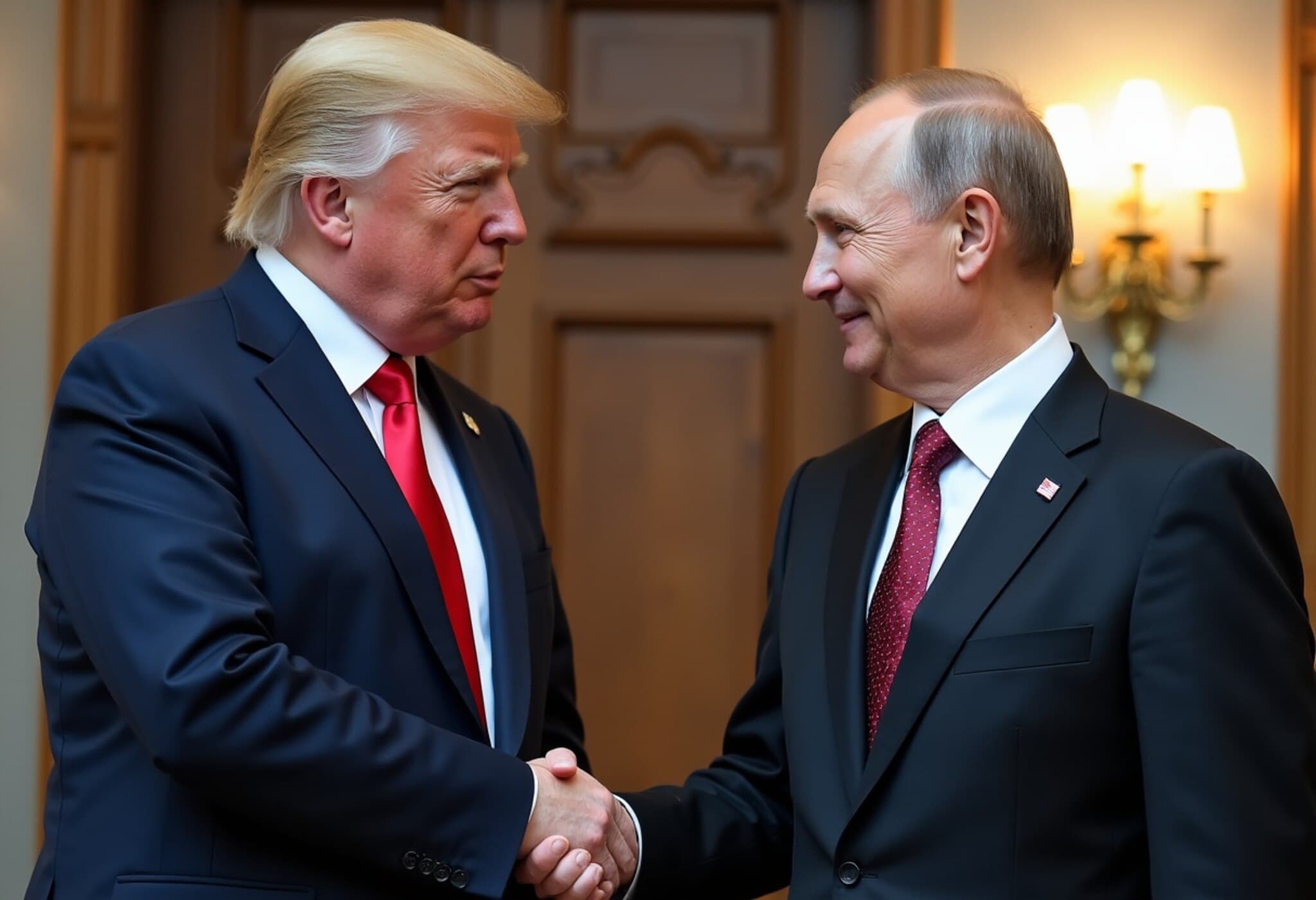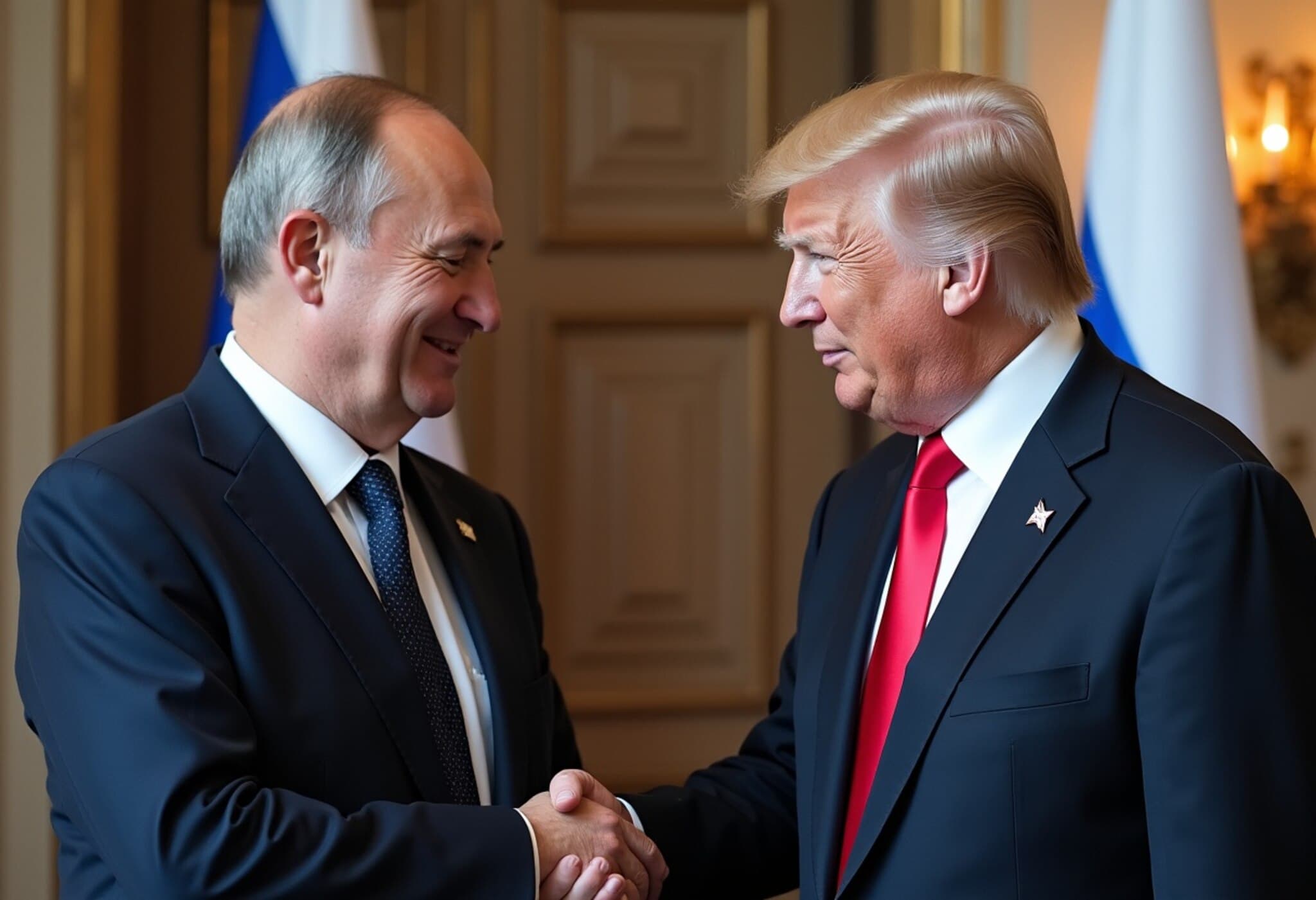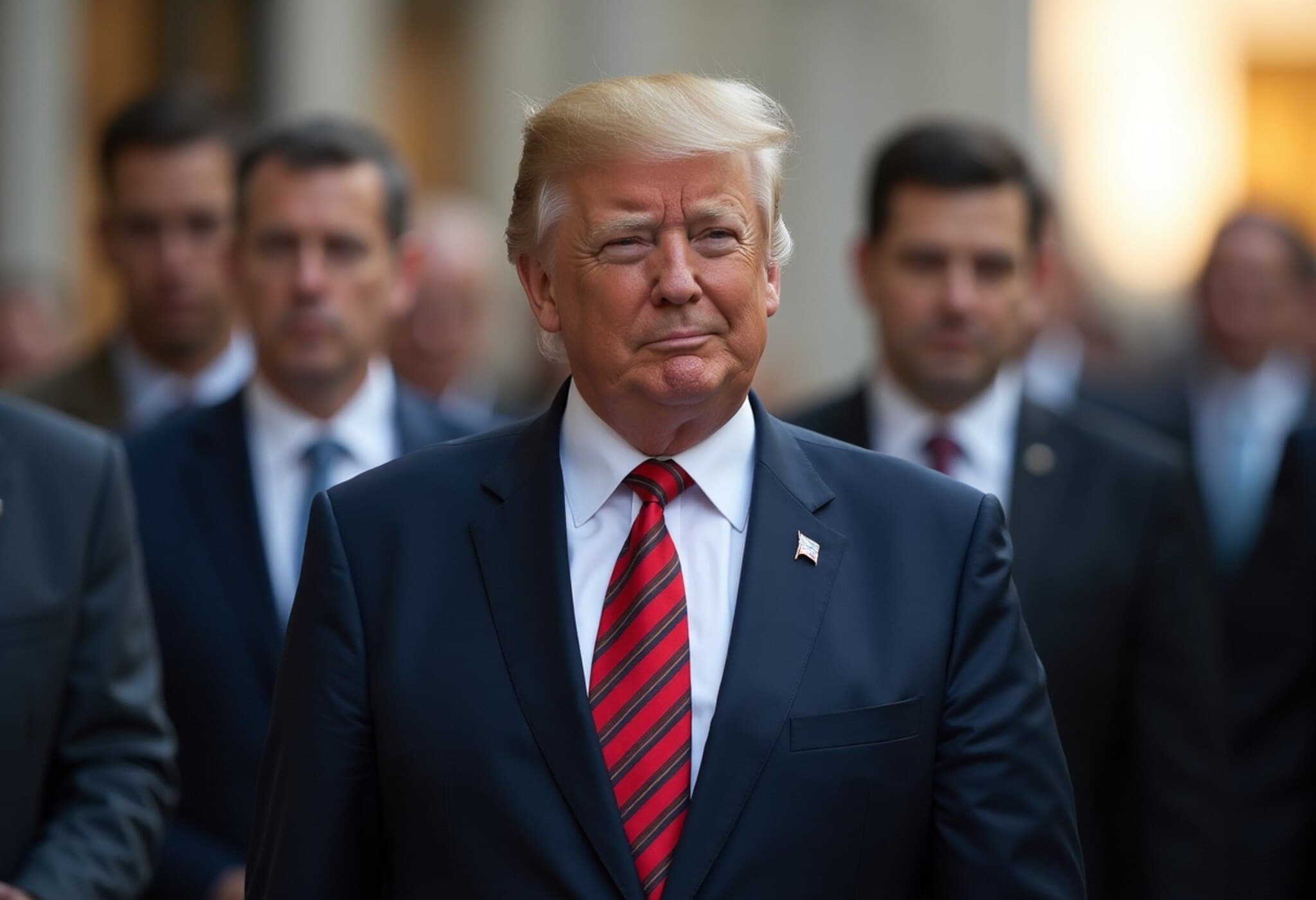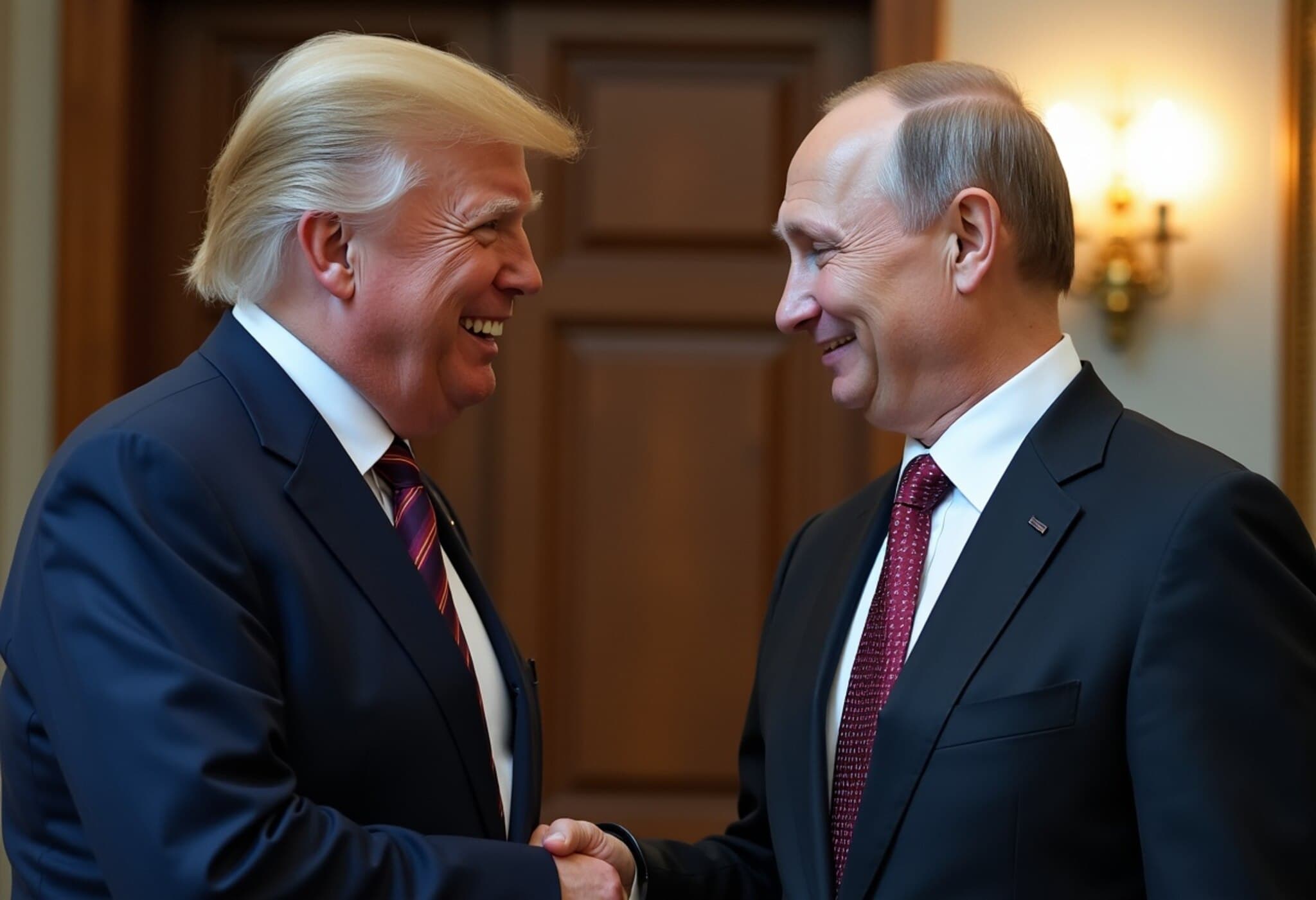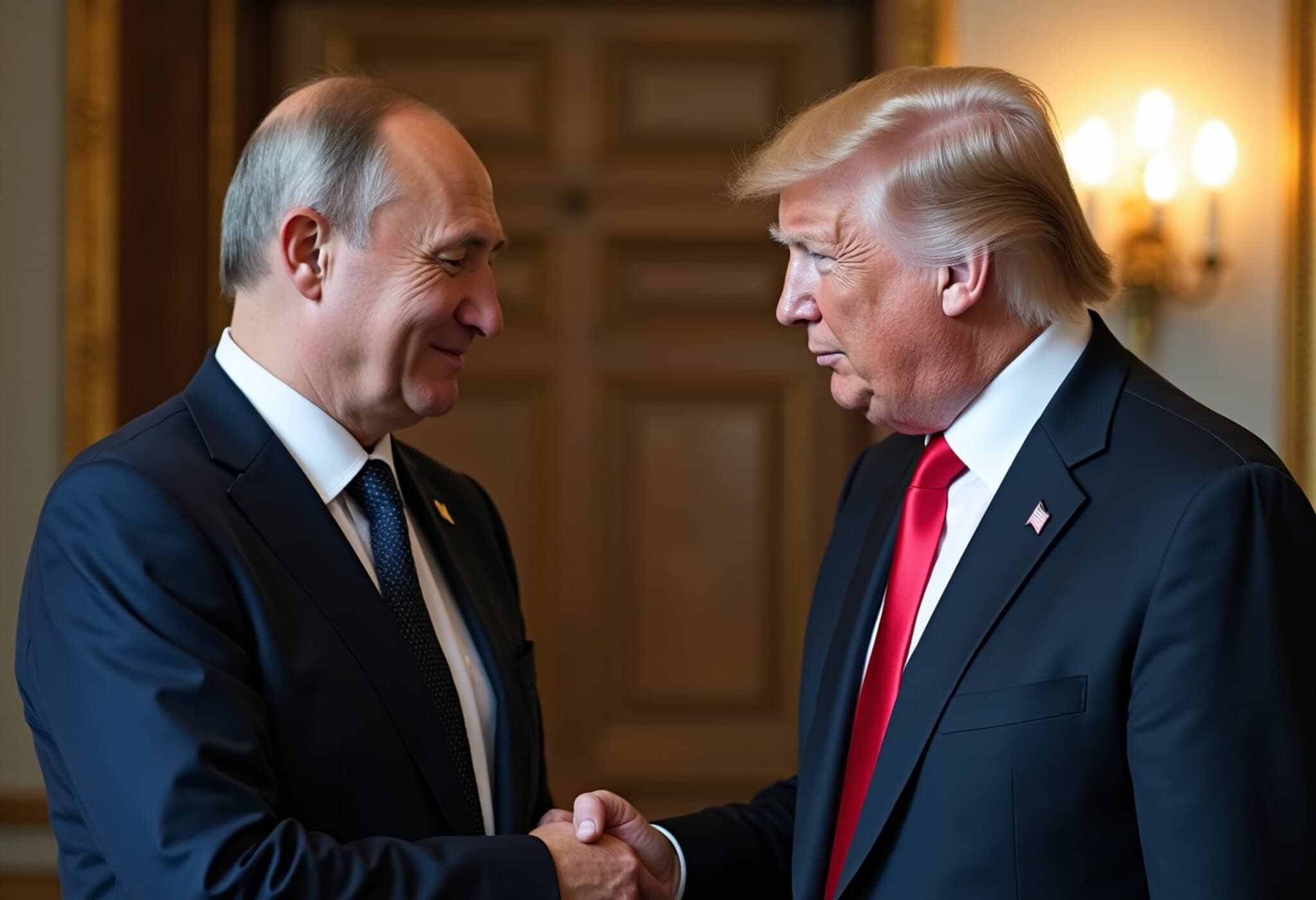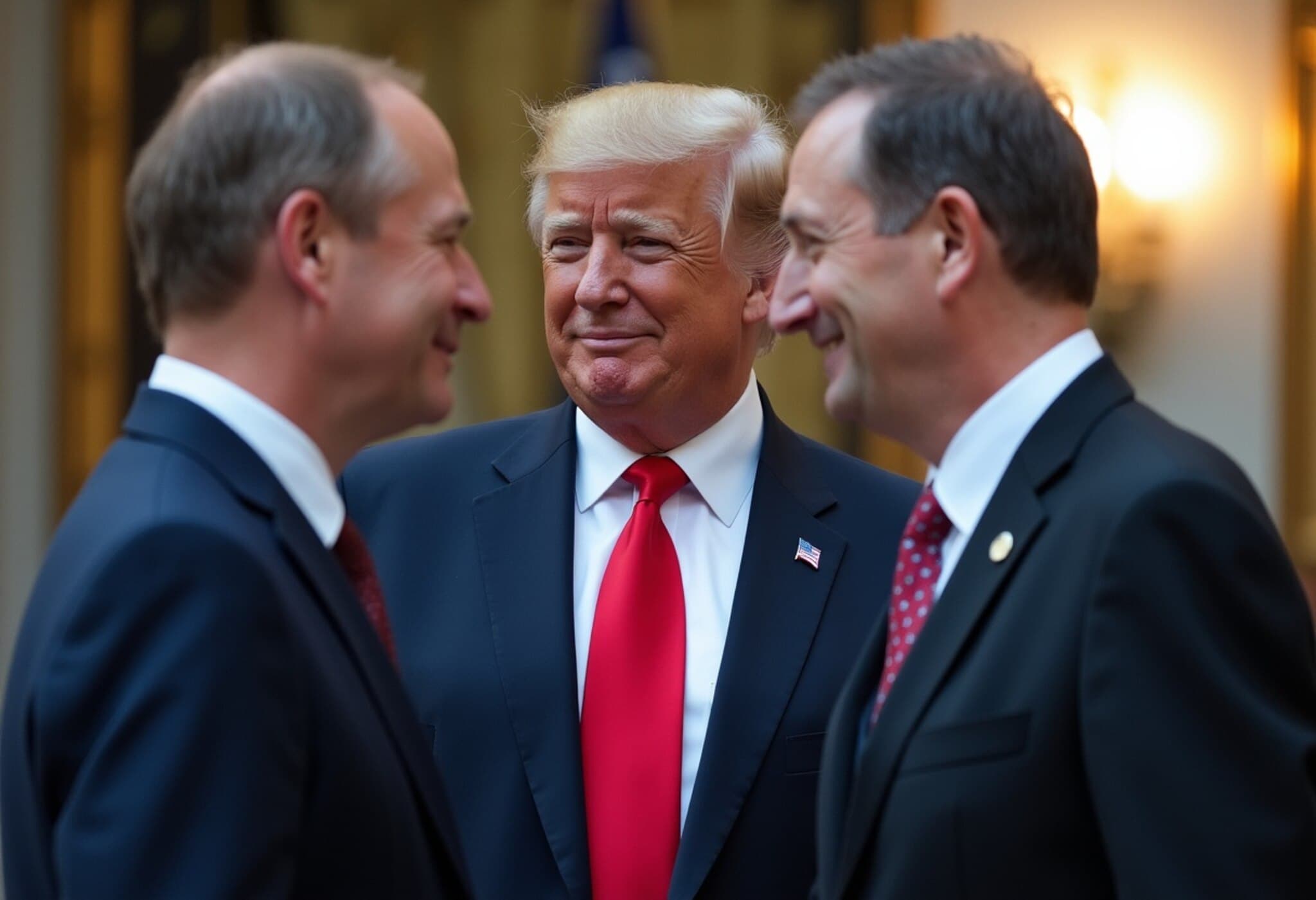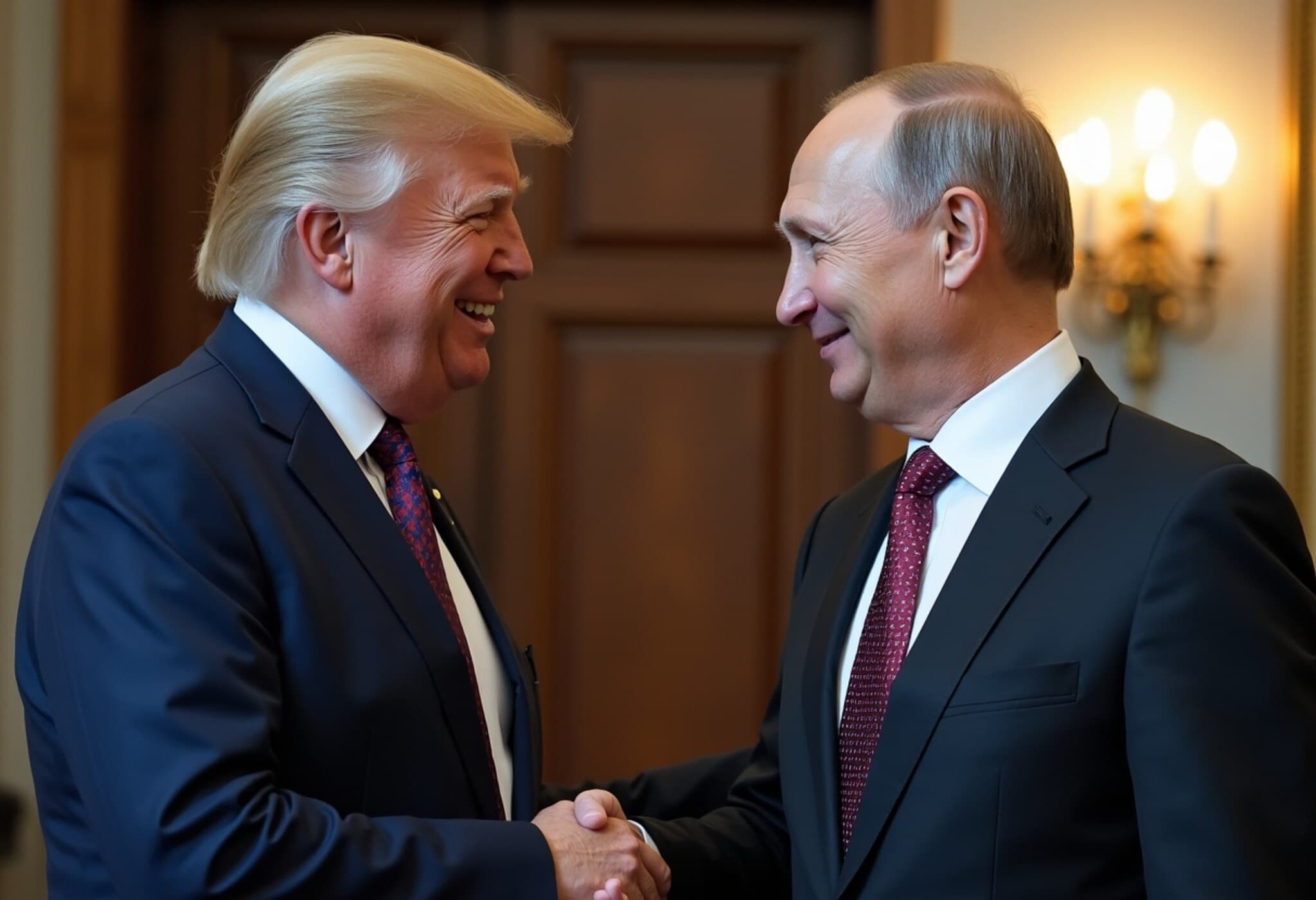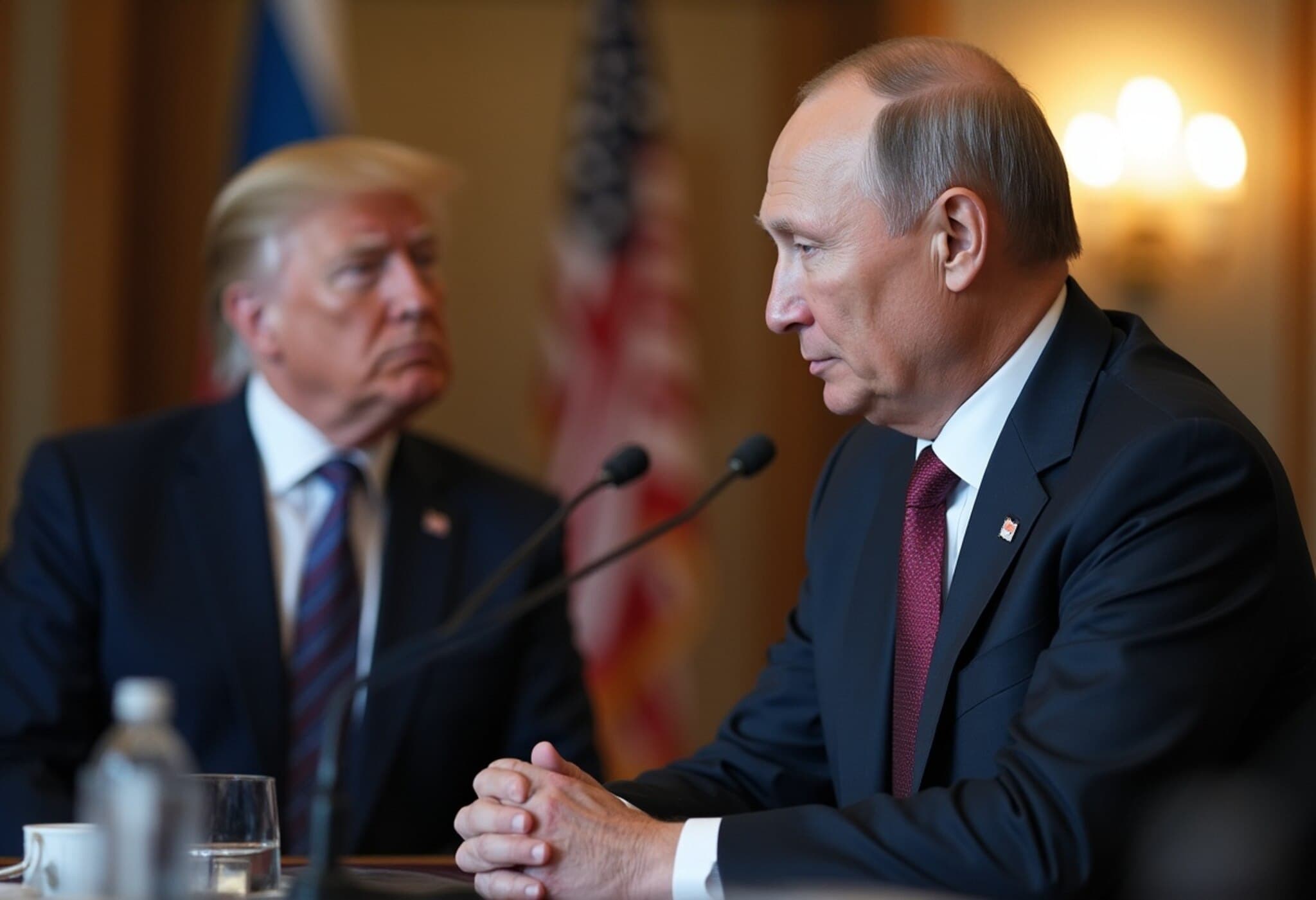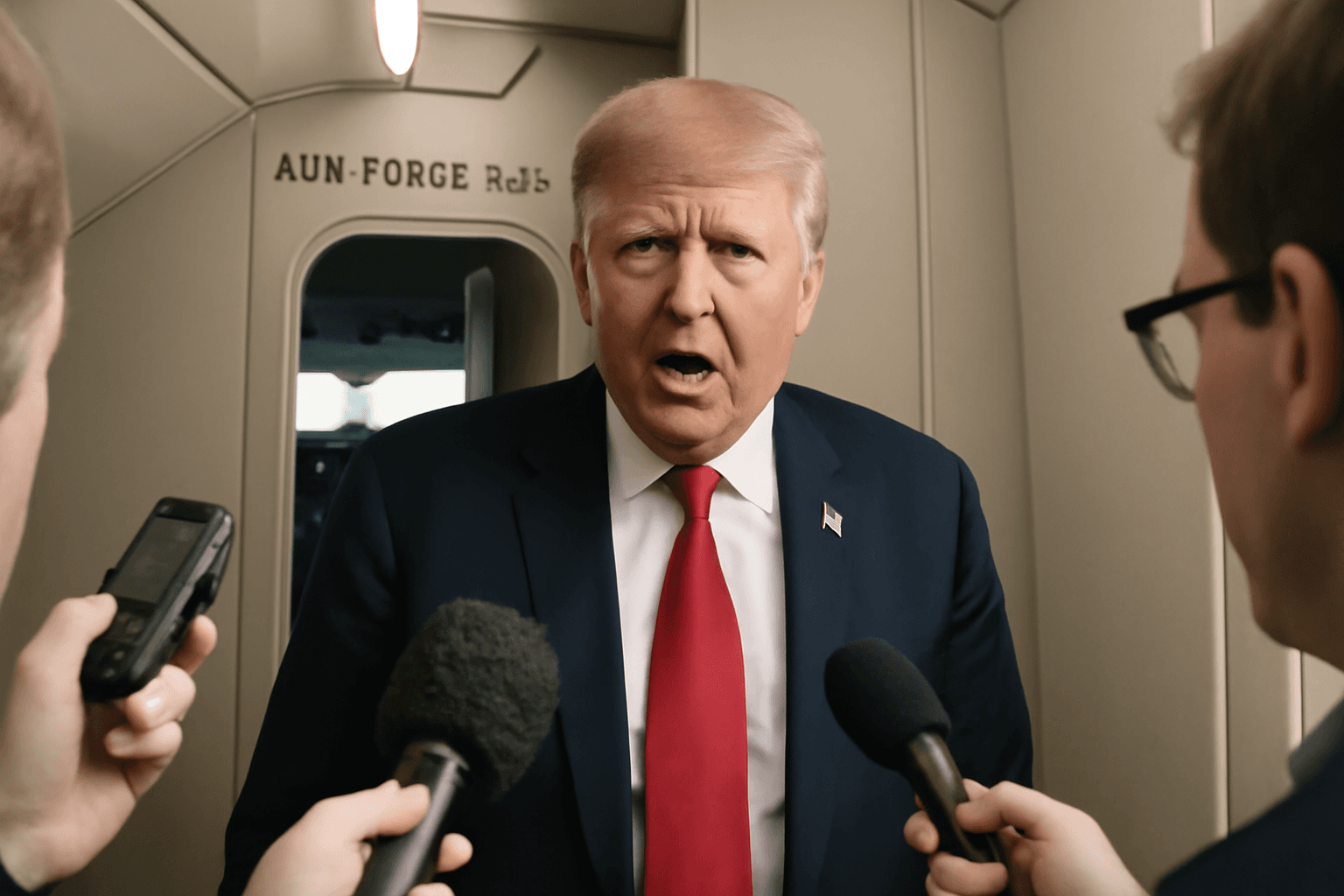Trump Attributes India's Tariffs as Key to Russia-Ukraine Negotiations
In the lead-up to a pivotal summit with Russian President Vladimir Putin, former U.S. President Donald Trump suggested that U.S. tariffs on India may have indirectly influenced Russia's willingness to engage in peace talks regarding the ongoing war in Ukraine. Speaking on Fox Radio's "The Brian Kilmeade Show" on August 14, 2025, Trump argued that these tariffs effectively curtailed India's purchase of Russian oil, thereby applying economic pressure on Moscow.
Economic Leverage and Its Consequences
"Essentially, the tariffs took India out of buying oil from Russia," Trump said, emphasizing the cumulative impact of sanctions. "Certainly, when you lose your second largest customer and are probably about to lose your biggest, it has to have a role." His remarks highlight a complex economic chess game where U.S. policies indirectly tighten Russia's oil revenue streams, a critical lifeline for its economy amid conflict.
Looking Ahead to the Alaska Summit
Set for August 15 in Alaska, the high-stakes meeting between Trump and Putin aims to explore a pathway to end hostilities in Ukraine. Trump expressed optimism that Putin "wants to get it done" and predicted a rapid assessment of the summit's outcome.
When asked whether economic incentives would be offered to Russia to halt its military actions, Trump remained circumspect, stating he did not want to reveal his strategy "in public," though he acknowledged Russia's "tremendous potential" in oil and gas sectors as leverage points.
Possibility of a Second, Tri-Lateral Meeting
Trump further revealed plans to potentially invite Ukrainian President Volodymyr Zelenskyy for follow-up talks, saying, "If it’s a good meeting, I’m going to call President Zelenskyy and the European leaders." He suggested that a second session could bring all parties face-to-face to negotiate territorial and boundary issues—a sensitive topic since Zelenskyy has consistently refused to relinquish any Ukrainian territory occupied by Russia.
"The second meeting is going to be very, very important," Trump said, indicating it could involve "give and take as to boundaries, lands, etc." He did caution that there is a "25% chance" the initial summit may not succeed, in which case, "I’m going to run the country and we have made America great again already in six months," implying a readiness to pursue alternative measures, including potentially new sanctions.
Press Strategy and Public Communication
Trump also discussed possible press engagement plans, mentioning he might hold a joint press conference with Putin but remained flexible depending on how talks progress. Regardless of success, he pledged transparency, saying he would speak to the media about the outcomes.
Expert Insights: The Geopolitical and Economic Stakes
Trump’s commentary underscores the tight interdependence of global diplomacy and economic sanctions in modern conflict resolution. The U.S.’s strategic use of tariffs on India sheds light on how allies’ economic choices can indirectly influence conflict dynamics. India, being a major consumer of Russian oil, had maintained a somewhat neutral stance toward the Ukraine war, but these economic pressures may have nudged Moscow closer to negotiations.
Furthermore, the delicate balancing act regarding Ukraine's territorial sovereignty remains a formidable hurdle. Zelenskyy’s firm stance against ceding land underscores the underreported domestic political pressures shaping Ukraine’s negotiation posture.
Finally, Trump’s approach illustrates the classic diplomatic challenge of managing high-stakes meetings where outcomes are uncertain yet carry tremendous geopolitical implications—not just for the U.S., Russia, and Ukraine, but for global energy markets and allied international relations.
Looking Forward
The Alaska summit could serve as a crucial turning point or, alternatively, deepen the stalemate. As experts watch closely, the interplay of sanctions, diplomacy, and territorial negotiations will likely define the conflict’s trajectory in the months ahead.
Editor’s Note
Trump's assertion that tariffs imposed on India contributed to pressuring Russia into talks opens a fresh dialogue on indirect economic influences in geopolitical conflicts. However, it also raises questions about the broader implications for U.S.-India relations amid evolving global power balances. As negotiations proceed, the true test will be whether economic coercion translates into meaningful peace, or merely a recalibration of the conflict’s frontlines.


